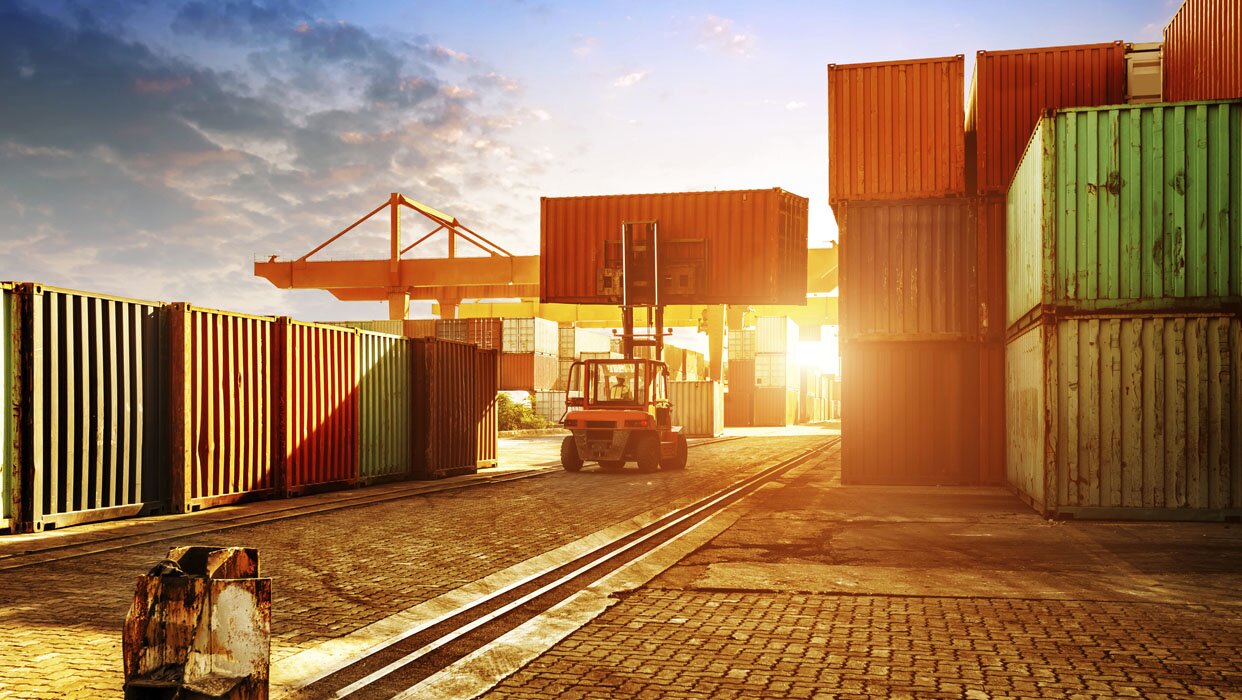The purpose of exchange is to enable each of us to focus our productive efforts on what we do best. By specializing in an occupation—instead of allocating small portions of our time to the impossible task of producing each of the necessities and luxuries we wish to consume—and exchanging the monetized output we produce most efficiently for the goods and services we produce less efficiently, we are able to produce and consume more output than would be the case in the absence of specialization and trade. The larger the size of the market, the greater is the scope for specialization, exchange, and economic growth.
Free trade is the extension of free markets across political borders. Enlarging markets in this manner—to integrate more buyers, sellers, investors and workers—enables more refined specialization and economies of scales, which lead to greater wealth and higher living standards. When goods, services, capital, and labor flow freely across borders, Americans can take full advantage of the opportunities of the international marketplace.
In our globalized economy, expanding the size of the market not only means more customers. It means more competition for US consumers’ dollars, a greater supply of intermediate goods, more opportunities for supply chain collaboration, greater variety, innovation, and so on. When trade barriers come down, the factory floor can span borders and oceans, enabling production to be organized in new and more efficient formats, leading to more value creation and greater wealth.
US trade barriers hurt US citizens, as consumers, taxpayers, workers, producers, and investors. Americans would be better off if we simply undertook our own reforms—on tariffs, regulations, and other artificial impediments to commerce—without regard for what other governments do. Tariffs and other trade barriers have been reduced considerably since the end of the Second World War, but US policy continues to accommodate egregious amounts of protectionism.
We have Buy American rules that restrict most government procurement spending to US suppliers, ensuring that taxpayers get the smallest bang for their buck; heavily protected services industries, such as air transportation and shipping, that drive up the cost of everything; apparently interminable farm subsidies; quotas and high tariffs on imported sugar; high tariffs on basic consumer products, such as clothing and footwear; energy export restrictions; the market‐distorting cronyism of the Export‐Import bank; antidumping duties that strangle downstream industries and tax consumers; regulatory protectionism masquerading as public health and safety precautions; protectionist rules of origin and local content requirements that limit trade’s benefits; restrictions on foreign investment, and so on.









